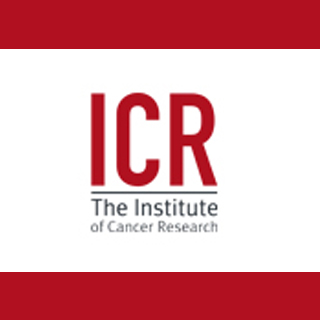
The enzyme lysyl oxidase-like 2 (LOXL2) is probably essential for tumor cells to escape from the breast and invade surrounding tissue. Hence, cancer cells can seemingly migrate to distant organs. This enzyme allegedly enhances breast cancer metastasis by governing over the amounts of molecules termed as TIMP1 and MMP9. Both the molecules are known to help cancer spread. During the research on laboratory models, experts pointed out that halting the function of LOXL2 can reduce the spread of the cancer from the breast to the lungs, liver and bone. It can therefore be concluded that medications designed to block LOXL2 can help treat women suffering from advanced breast cancer.
“Around 12,000 women die from breast cancer in the UK each year, most because their cancer has spread to other parts of their body. Our study shows that inhibiting the action of LOXL2 can significantly reduce the spread of breast cancer, suggesting that drugs which block this enzyme may be effective in preventing patients’ cancer from spreading,†elucidated lead researcher Dr Janine Erler from the ICR.
It was suggested that LOXL2 can also be employed for anticipating the aggressiveness of breast cancer. Tissue samples from breast cancer patients asserted that high levels of LOXL2 are correlated with cancer spread as well as poor prognosis. A test to measure LOXL2 levels and predict the aggressiveness of the disease can possibly help physicians treating breast cancer patients. The research findings seem to have major implications for treating several forms of cancer including colon, esophageal and squamous cell cancer.
The research is published online in the journal Cancer Research.
